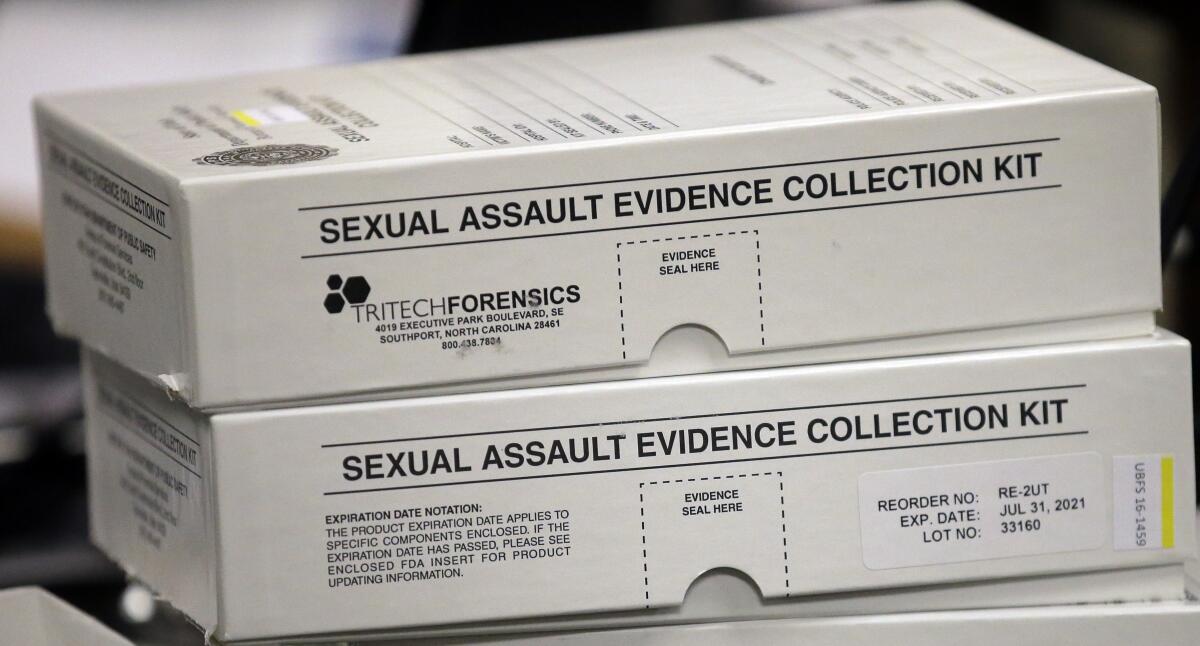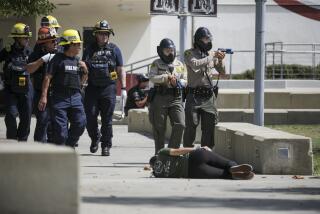Gov. Newsom signs legislation aimed at making rape kits more accessible to college students

Seeking to make rape kits more accessible to students, Gov. Gavin Newsom signed a bill Monday that will require most California universities and colleges to provide transportation for students to and from a sexual assault treatment center.
Assemblymember Akilah Weber (D-La Mesa) wrote Assembly Bill 1138, which will require schools to provide free and anonymous transportation to a treatment center that provides Sexual Assault Forensic Evidence (SAFE) exams or to contract with local organizations to provide the transportation.
Drivers, who could include campus health center employees, would protect the student’s anonymity “to the extent possible,” according to the legislation. Universities will also be required to report annually on the transportation services provided to the Legislature.
In 2021, there were 445 rapes, 404 fondling incidents, 352 incidents of domestic violence, 168 incidents of dating violence and 408 incidents of stalking across 1024 campuses in California, according to crime statistics provided to the U.S. Department of Education.
“College campuses are often miles away from the nearest center and for students without a reliable or quick method of transportation, that distance can be insurmountable,” Weber said in a statement Monday to The Times. “The last thing a victim of sexual assault should worry about is the transportation to the local ... exam center.”
The legislation is a “continuation of California’s efforts to remove the barriers to reporting sexual assault and to increase access to resources to help survivors achieve justice,” Weber said. “I was proud to author this legislation and applaud those that helped get this bill across the finish line.”
Most colleges across the county don’t offer rape kits on campus, with some healthcare experts saying it would be a financial and logistical burden due to the national shortage of nurses.
The exams include offering medical care such as sexually transmitted infection testing and emergency contraception, as well as collecting DNA instrumental in prosecuting rape cases.
More to Read
Sign up for Essential California
The most important California stories and recommendations in your inbox every morning.
You may occasionally receive promotional content from the Los Angeles Times.











